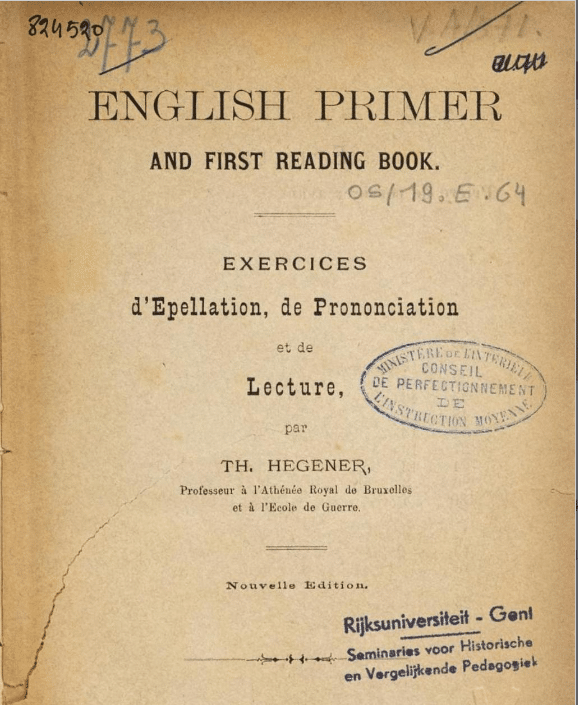Service of process both provides a defendant with notice of a lawsuit and asserts the court’s authority over the defendant. Proper service is necessary to obtain a judgment that will be recognized in other jurisdictions. In the United States, service can be accomplished through private parties. Many foreign states, however, regard service as a public act that can only be effectuated by government officials. That difficulty is addressed by the Hague Service Convention, to which the United States is a party and with which compliance is mandatory when a case falls within its scope.
Federal Rule of Civil Procedure 4(f), which incorporates the Convention, explains how to serve defendants in federal cases when they are located outside the United States.
A Primer on Service of Process
Serving process on a defendant does two things: (1) it asserts the court’s authority over the defendant; and (2) it provides the defendant with notice of the lawsuit. In the United States, process can be served by private parties. But many foreign states regard service as a public act that can be done only by…
Continue ReadingA Primer on Service-of-Process Clauses
A service-of-process clause is a contract provision that specifies how a summons and a complaint shall be served upon a person named as a defendant in a U.S. court. This post surveys the issues presented by such provisions. It first discusses the three most common varieties: (1) those that specify a method by which process…
Continue Reading“Waiving” the Hague Service Convention
Complying with the Hague Service Convention (HSC) is admittedly not always easy, quick, or even feasible. Not surprisingly, then, parties may want to work around the HSC through contractual language. John Coyle, Robin Effron, and I have previously explained how private parties can—and cannot—contract around the HSC. Unfortunately, the District of New Jersey (Judge Julian…
Continue ReadingSecond Circuit Holds Hague Service Convention Prohibits Email Service on Chinese Defendants
On December 18, 2025, just as TLB was going on holiday break, the Second Circuit issued its decision in Smart Study Co. v. Shenzhenshixindajixieyouxiangongsi, holding that the Hague Service Convention prohibits email service on Chinese defendants. As friend-of-TLB Ted Folkman wrote shortly thereafter, “This is the one we’ve been waiting for.” The question of email…
Continue ReadingA Helpful Decision on Serving Defendants in China
We have covered extensively on TLB the challenge of serving defendants located in China in accordance with Federal Rule of Civil Procedure 4 and U.S. treaty obligations under the Hague Service Convention. In a recent decision, the District of Massachusetts (Judge F. Dennis Saylor IV) provided a thoughtful analysis of these issues—citing along the way…
Continue Reading

